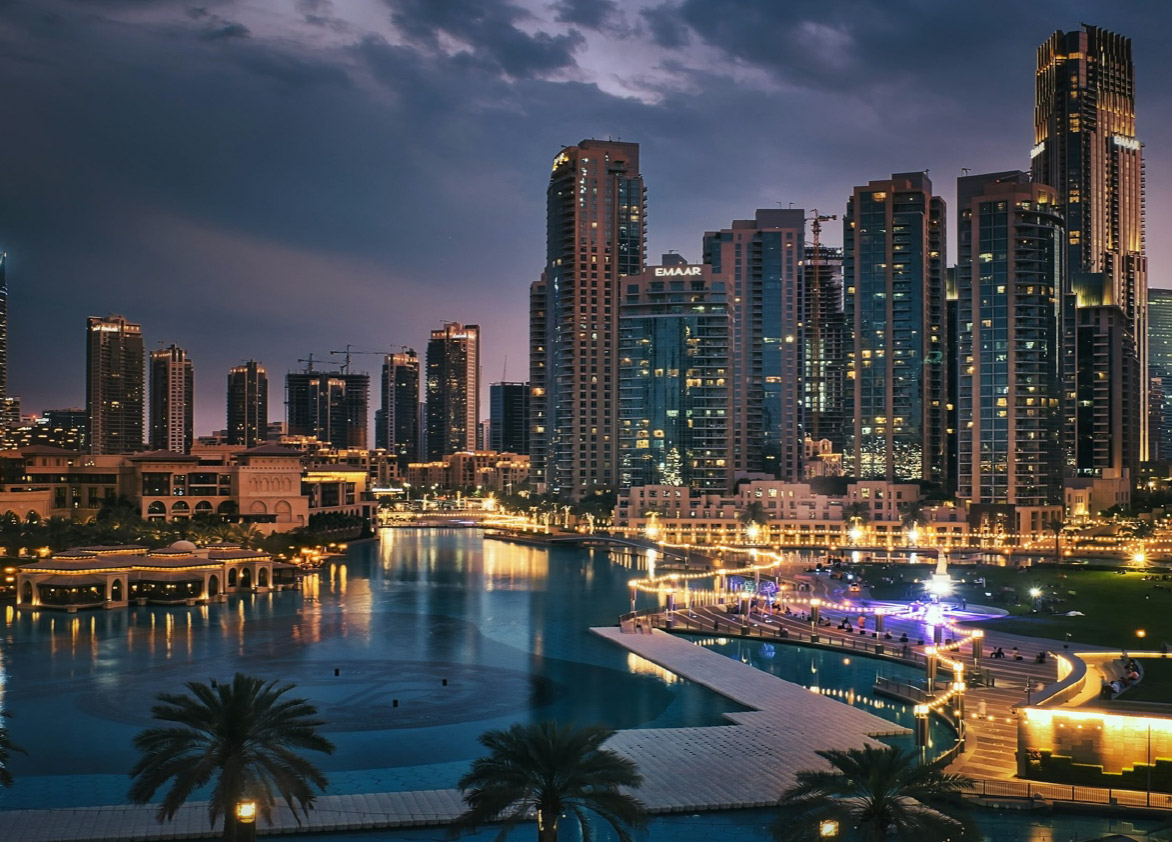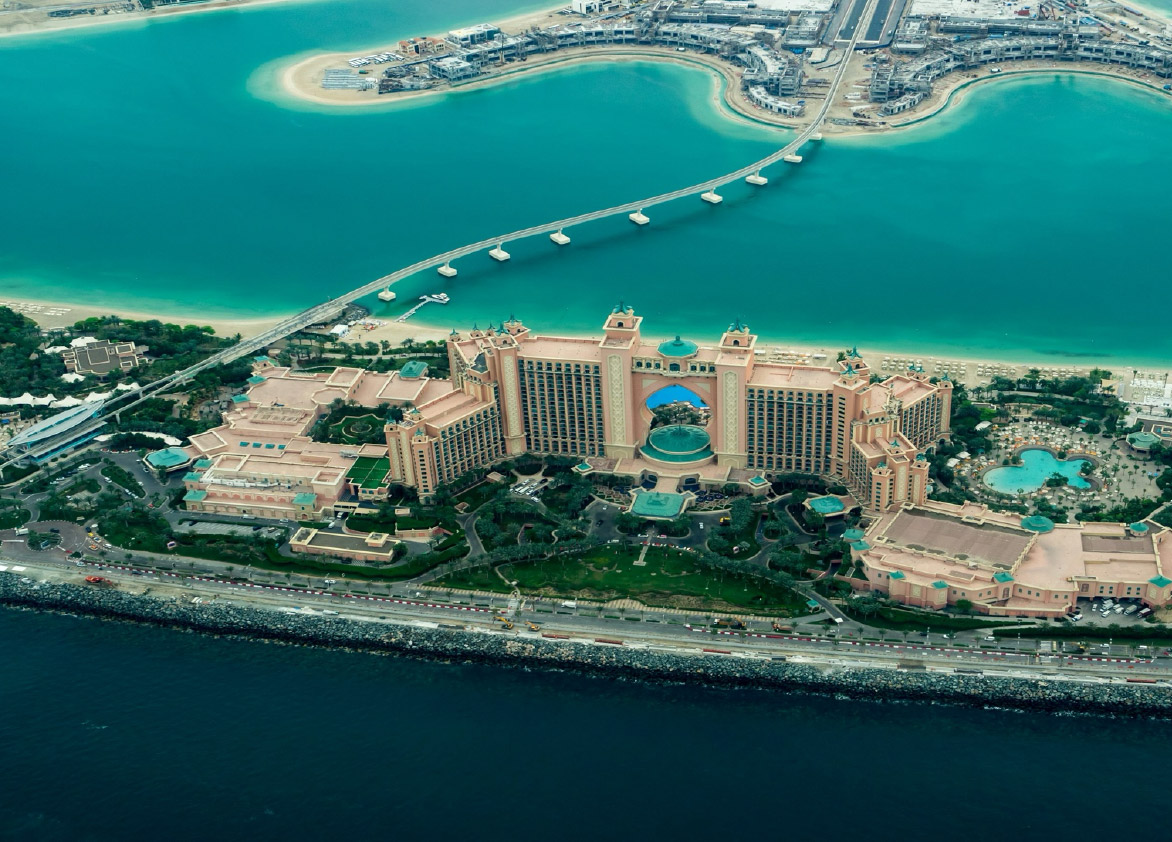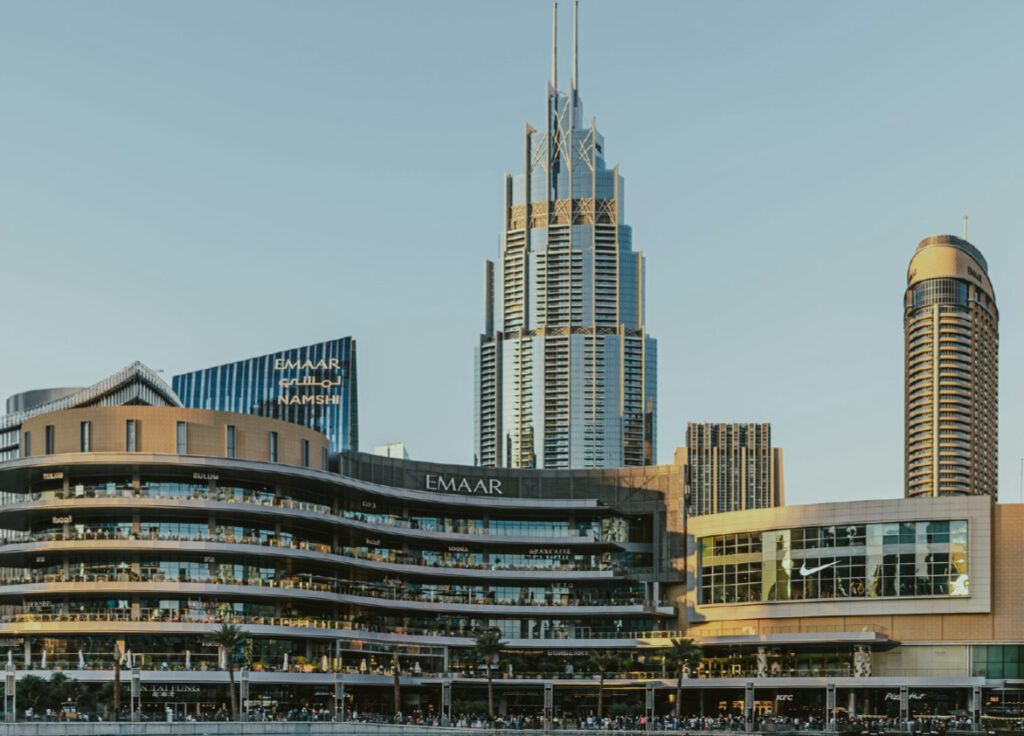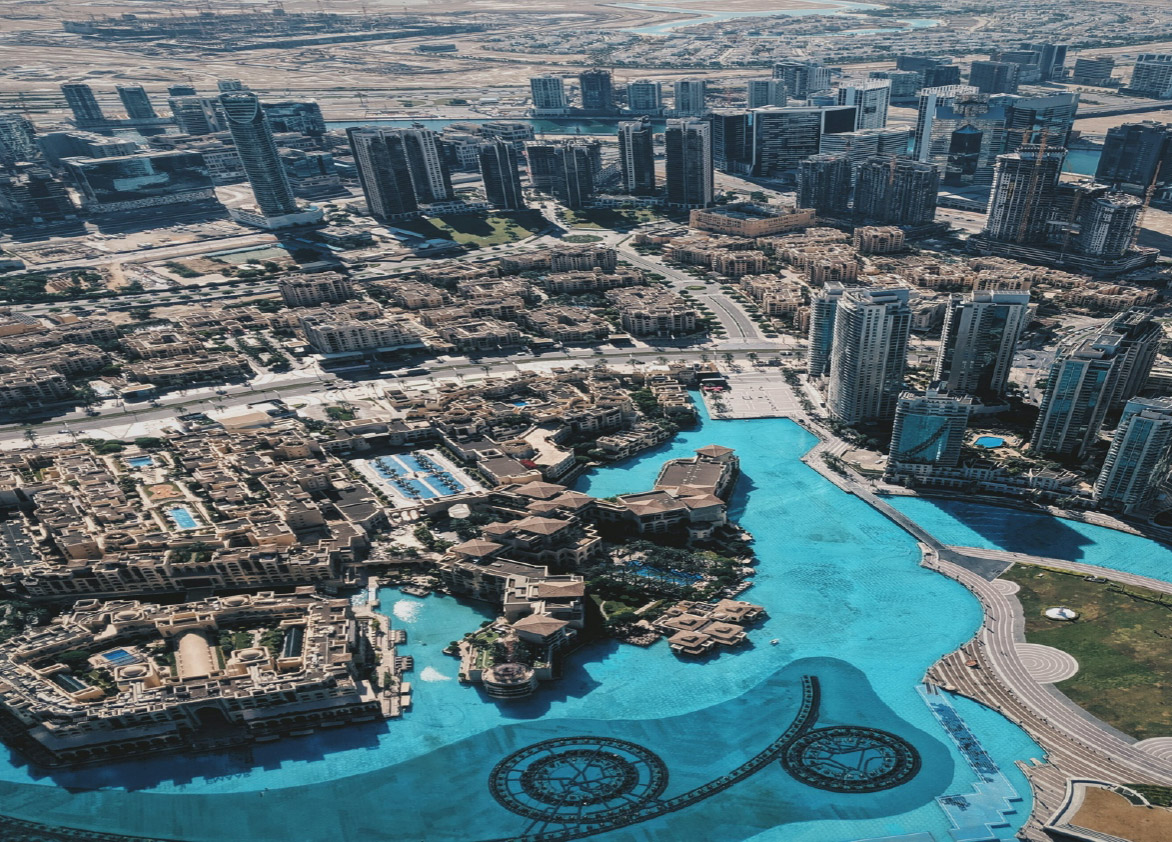Introduction
Dubai’s real estate market has earned a reputation as one of the most vibrant and lucrative in the world. For investors, buying property in Dubai offers excellent potential returns, attractive tax benefits, and access to a luxurious lifestyle. However, the key to success lies in making informed, strategic decisions. This guide simplifies the process by focusing on essential tips smart investors should know when buying property in Dubai.
Understanding Dubai’s Real Estate Market
Dubai has transformed over the last two decades from a desert city into a global metropolis known for its ambitious architecture and investment-friendly environment. The real estate sector remains one of its economic pillars, driven by population growth, tourism, and government initiatives aimed at attracting foreign investment.
Key factors fueling Dubai’s real estate market include:
- Strategic Location: Dubai serves as a commercial hub connecting Asia, Europe, and Africa, attracting multinational corporations and expatriates.
- Tax Advantages: No capital gains, income, or inheritance taxes on property investments.
- Economic Diversification: Beyond oil, sectors like tourism, finance, and technology support steady demand for real estate.
- World-Class Infrastructure: State-of-the-art transport, healthcare, and entertainment amenities enhance property values.
Understanding these fundamentals helps investors appreciate the market’s potential and risks.
Set Clear Investment Goals
Before diving into property listings, clearly define your investment objectives:
- Capital Growth vs. Rental Income: Are you focused on long-term appreciation or generating steady rental returns? Dubai offers opportunities for both but in different property types and locations.
- Personal Use vs. Pure Investment: Will you live in the property, use it seasonally, or rent it out? This affects the choice of neighborhood and property style.
- Budget and Risk Appetite: Define your budget and comfort with risk—off-plan properties may offer higher returns but come with construction and market risks.
A clear plan helps narrow your search and aligns expectations with market realities.

Choose the Right Location
Dubai offers a diverse range of neighborhoods, each with unique appeal and investment potential. The choice of location is critical to maximizing returns and tenant demand.
| Neighborhood | Characteristics | Best For |
| Downtown Dubai | Iconic landmarks like Burj Khalifa, luxury living | Investors targeting premium resale and high rental yields |
| Dubai Marina | Waterfront lifestyle, vibrant social scene | Young professionals, expatriates seeking urban lifestyle |
| Arabian Ranches | Gated communities, family-oriented | Families and long-term residents |
| Jumeirah Village Circle | Affordable apartments, community feel | Budget-conscious buyers and first-time investors |
| Dubai South | Emerging area near Expo 2020 site | Off-plan investors looking for growth potential |
While established areas like Downtown and Marina offer stability, emerging zones like Dubai South can provide higher capital appreciation opportunities if you are willing to take on more risk.
Decide on Property Type
Investors in Dubai can choose from a wide range of property types:
- Luxury Villas and Townhouses: Spacious homes in gated communities, ideal for families or high-net-worth investors seeking privacy and exclusivity. These typically have strong capital appreciation but require larger upfront investment.
- Apartments: Available in numerous styles from studio units to penthouses, especially popular among expatriates and young professionals. Apartments in prime locations often have strong rental demand.
- Off-Plan Properties: Buying units under construction offers flexible payment plans and the chance to buy below market value. However, it involves risks related to project delays or market fluctuations.
- Commercial Properties: Offices and retail spaces in free zones and business hubs offer stable, long-term leases but may require more hands-on management.
- Hotel Apartments and Serviced Residences: Cater to Dubai’s booming tourism sector, offering higher rental yields but dependent on tourism trends.
Choosing the right property type depends on your investment goals, budget, and preferred risk level.

Work with Trusted Professionals
Dubai’s real estate market is regulated but can be complex for newcomers. Collaborating with reputable professionals is key:
- Real Estate Agents: Work with licensed agents registered with the Dubai Land Department (DLD). They offer insights on market trends, pricing, and neighborhoods.
- Legal Advisors: Ensure contracts comply with Dubai’s property laws. Lawyers can help review Sales and Purchase Agreements (SPA) and other documents to protect your interests.
- Mortgage Brokers: If financing, brokers can guide you to the best loan products and help prepare documentation.
- Property Managers: If you plan to rent your property, professional management services ensure smooth operations and tenant satisfaction.
Due diligence in selecting advisors reduces risks and streamlines your purchase.
Understand the Legal Process and Fees
Buying property in Dubai follows a structured legal process:
- Sales and Purchase Agreement (SPA): Once you select a property, you sign the SPA and usually pay a 10% deposit.
- Title Deed Registration: The Dubai Land Department handles ownership transfer, requiring payment of a 4% registration fee based on the purchase price.
- Agent Commission: Typically 2% of the sale price, paid to your real estate agent.
- Developer Fees: Applicable mainly for off-plan purchases and vary by project.
You should also factor in annual maintenance fees, community charges, and utilities.
Financing Your Investment
Options to finance your Dubai property include:
- Cash Purchase: Simplifies and speeds up transactions, often leading to better negotiating power.
- Mortgages: Available for residents and expatriates, requiring a minimum down payment (usually 20-25%). Loan terms can extend up to 25 years, with competitive interest rates.
- Developer Payment Plans: Off-plan properties often come with flexible installment plans that spread payments over construction phases.
Before financing, assess your affordability and eligibility with banks or financial advisors.

Post-Purchase Management and Exit Strategy
Owning property involves ongoing responsibilities:
- Property Management: For rental properties, hiring a professional manager can maximize occupancy, handle maintenance, and collect rents.
- Market Monitoring: Stay updated on market trends, regulatory changes, and neighborhood developments.
- Exit Strategy: Decide your plan—hold for long-term capital growth, lease for steady income, or sell when the market peaks.
A clear post-purchase strategy ensures your investment performs optimally.
Conclusion
Buying property in Dubai presents significant opportunities for investors seeking tax advantages, rental income, and capital appreciation in a dynamic global city. By setting clear goals, choosing the right location and property type, engaging trusted professionals, and understanding the legal and financial landscape, smart investors can successfully navigate Dubai’s real estate market and achieve their investment objectives.
Frequently Asked Questions (FAQs)
Q1: Can foreigners buy property in Dubai?
Yes, foreigners can purchase freehold properties in designated areas with full ownership rights.
Q2: What are the typical fees involved?
Buyers pay around 4% registration fees to DLD, 2% agent commission, and possible developer fees.
Q3: How long does the purchase process take?
Ready properties can close within weeks; off-plan purchases depend on project completion schedules.
Q4: Are mortgages available for expatriates?
Yes, with eligibility criteria including salary requirements and down payments.
Q5: What is the difference between off-plan and ready properties?
Off-plan properties are under construction and sold with flexible payments; ready properties are completed and available immediately.
